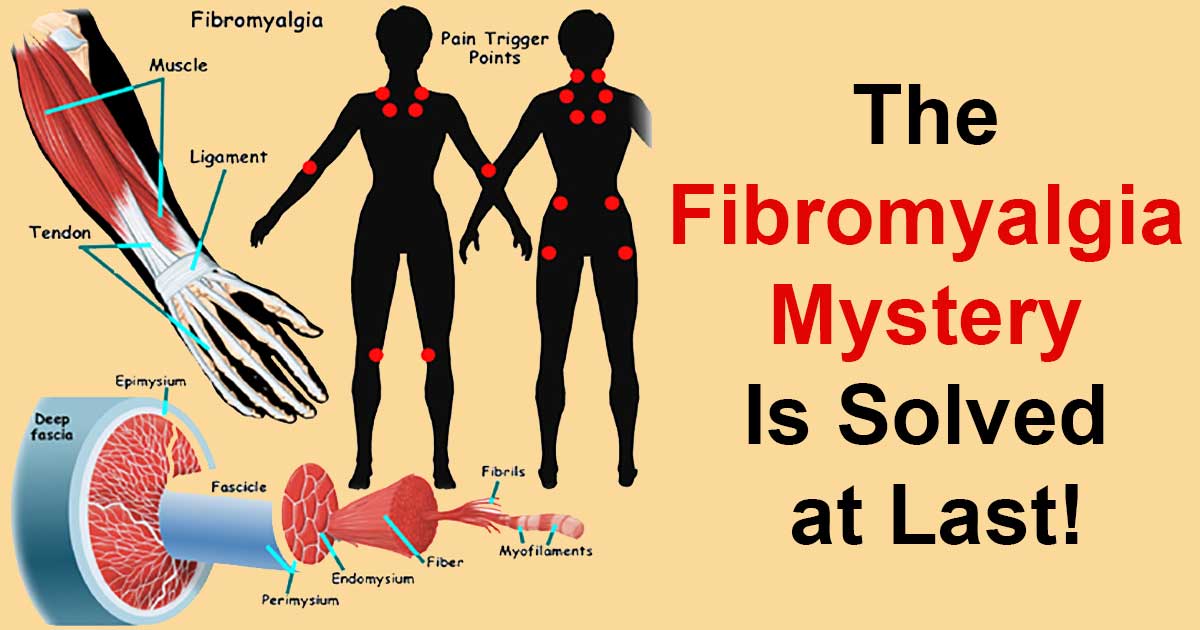Introduction
Fibromyalgia is a chronic pain condition characterized by widespread musculoskeletal pain, fatigue, sleep disturbances, and cognitive difficulties. Traditional treatment options for fibromyalgia often include medications with various side effects. As a result, many individuals are turning to alternative remedies like CBD (cannabidiol) to manage their symptoms. In this comprehensive guide, we will explore the relationship between CBD and fibromyalgia, examine the potential benefits of CBD for symptom relief, discuss different CBD products and consumption methods, address safety considerations, and provide practical tips for incorporating CBD into a fibromyalgia management plan. Whether you are new to CBD or seeking additional options for fibromyalgia relief, this guide aims to provide you with the knowledge to make informed decisions and improve your quality of life.
Understanding Fibromyalgia
- Overview of Fibromyalgia – Define fibromyalgia, its symptoms, and its impact on daily life, highlighting the complexity of the condition.
- Causes and Triggers – Discuss potential causes and triggers of fibromyalgia, including genetic factors, physical and emotional trauma, and hormonal imbalances.
- Conventional Treatment Approaches – Provide an overview of conventional treatment options for fibromyalgia, including medications, physical therapy, and lifestyle modifications.
CBD and Fibromyalgia
- What is CBD? – Introduce CBD and its origins from the hemp plant, emphasizing its non-psychoactive nature and potential therapeutic properties.
- The Endocannabinoid System – Explain the role of the endocannabinoid system (ECS) in regulating pain perception, inflammation, and mood, highlighting its relevance to fibromyalgia.
- CBD’s Interaction with the ECS – Discuss how CBD interacts with the ECS, potentially modulating pain signals, reducing inflammation, and promoting relaxation.
- Scientific Research – Summarize relevant scientific studies and research on CBD’s potential benefits for fibromyalgia symptom relief, including pain reduction, improved sleep, and enhanced quality of life.
Benefits of CBD for Fibromyalgia
- Pain Management – Explore the potential of CBD as a natural analgesic, addressing its interaction with pain receptors and its anti-inflammatory properties.
- Sleep Improvement – Discuss how CBD may help regulate sleep patterns and improve sleep quality, addressing its potential effects on sleep architecture and anxiety reduction.
- Mood Enhancement – Highlight CBD’s potential to alleviate symptoms of anxiety and depression commonly associated with fibromyalgia, emphasizing its impact on serotonin receptors and neurotransmitter balance.
- Cognitive Function – Discuss emerging research on CBD’s potential effects on cognitive function, memory, and mental clarity, addressing the cognitive challenges often experienced by individuals with fibromyalgia.
- Fatigue Reduction – Explore CBD’s potential to alleviate fatigue and enhance energy levels, potentially attributed to its impact on sleep quality and overall well-being.
CBD Products for Fibromyalgia Relief
- CBD Oil/Tinctures – Explain the basics of CBD oil/tinctures, including how to choose the right potency and dosage for fibromyalgia relief, and different methods of administration.
- CBD Topicals – Discuss the application of CBD-infused creams, lotions, and balms for localized pain relief, targeting specific areas of discomfort.
- CBD Edibles – Address the availability of CBD-infused edibles, such as gummies or capsules, and their potential benefits for long-lasting symptom relief.
- Inhalation Methods – Discuss vaporizing or smoking CBD flower as a rapid delivery method for immediate symptom relief, noting potential considerations and safety precautions.
Safety Considerations and Potential Side Effects
- CBD and Drug Interactions – Discuss the potential for CBD to interact with certain medications commonly used to manage fibromyalgia symptoms, emphasizing the importance of consulting with a healthcare professional before incorporating CBD into an existing treatment regimen.
- Possible Side Effects – Address potential side effects of CBD, such as dry mouth, drowsiness, changes in appetite, and potential interactions with liver function, while noting that they are generally mild and well-tolerated.
- Quality and Third-Party Testing – Emphasize the importance of choosing high-quality CBD products that undergo third-party testing for potency, purity, and contaminants, ensuring product safety and consistency.
- Starting with Low Doses – Advise beginners to start with low CBD doses and gradually increase as needed, allowing the body to adjust and minimizing the risk of adverse reactions.
- Legal Considerations – Discuss the legal status of CBD in various regions and countries, highlighting the importance of understanding local regulations to ensure compliance and avoid legal issues.
Incorporating CBD into a Fibromyalgia Management Plan
- Consultation with Healthcare Professionals – Encourage individuals with fibromyalgia to consult with healthcare professionals knowledgeable about CBD to discuss potential benefits, interactions, and appropriate dosing.
- Individualized Approach – Highlight the importance of personalized treatment plans and finding the right CBD product, dosage, and administration method based on individual needs and preferences.
- Monitoring and Adjusting – Encourage regular self-assessment to gauge the effectiveness of CBD in managing fibromyalgia symptoms and make adjustments as needed, considering factors like pain levels, sleep quality, and overall well-being.
- Complementary Lifestyle Modifications – Discuss the importance of incorporating CBD into a holistic fibromyalgia management plan, including lifestyle modifications such as stress reduction techniques, gentle exercise, healthy sleep habits, and a balanced diet.
- Support Networks – Encourage individuals with fibromyalgia to seek support from support groups, online communities, or healthcare professionals specializing in chronic pain management to share experiences, tips, and encouragement.
Conclusion
Summarize the key points discussed throughout the guide, emphasizing the potential benefits of CBD for managing fibromyalgia symptoms. Remind readers to approach CBD as part of a comprehensive treatment plan, incorporating other recommended strategies for fibromyalgia management. Emphasize the importance of consulting with healthcare professionals, starting with low doses, and monitoring individual responses to CBD. Finally, encourage readers to explore the potential benefits of CBD for fibromyalgia relief while being mindful of their own experiences and individual needs.
Note: This guide is for informational purposes only and does not substitute professional medical advice. Individuals with fibromyalgia should consult with a healthcare professional before using CBD or making any changes to their treatment plans.
- Vessel Vista Series: Elevating Your Vaping Experience with Style and Flavor! - July 15, 2024
- CBD Gummies By Just CBD-Sweet Bliss: Exploring the World of Just CBD’s CBD Gummies - March 14, 2024
- Kratom Capsules By Just Kratom-Capsule Chronicles: My Personal Journey with Just Kratom’s Kratom Capsules! - March 13, 2024




